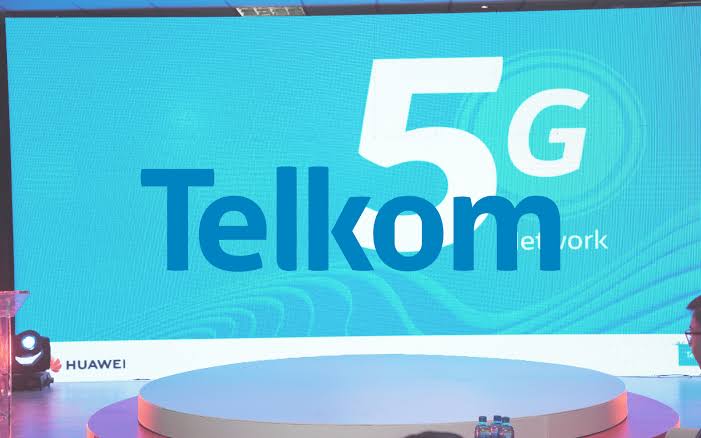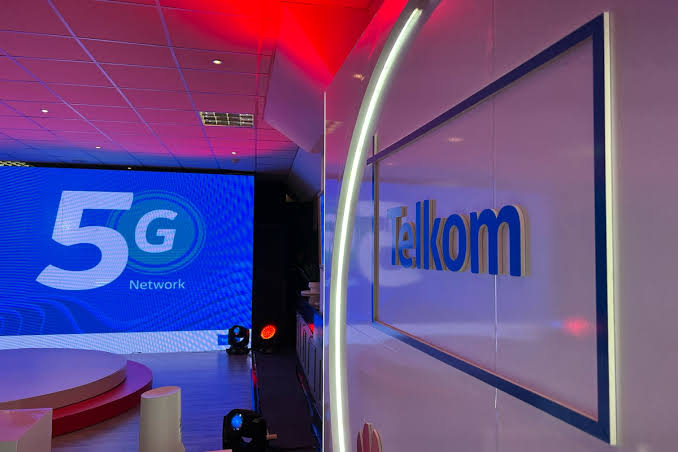Physical Address
60 Ekwema Cres, Layout 460281, Imo
Physical Address
60 Ekwema Cres, Layout 460281, Imo

Telkom, South Africa’s third-largest mobile network operator, has been slow to launch 5G support for smartphones compared to its rivals Vodacom and MTN.
Lunga Siyo, Telkom Consumer CEO, cites two main reasons for the delay in Telkom’s 5G phone launch:
Telkom’s network is largely 4.5G-ready, meaning the company could implement 5G at scale in a couple of months without installing new radio equipment.
However, Siyo argues that the device ecosystem needs to mature, with more low- to mid-range 4G devices becoming 5G capable, before it makes sense to switch on the network.
Another factor inhibiting users from upgrading to 5G-capable handsets is the difficulty in perceiving a tangible difference between 4G and 5G speeds.
Customers are reluctant to pay more for something they can’t easily distinguish.

Telkom has been pushing original equipment manufacturers to produce 5G devices that compete at a 4G price point, as the price differential between the two has reduced significantly.
More than 92% of Telkom Mobile subscribers have 4G-capable handsets, the highest ratio among South African mobile operators.
The uniformity in Telkom’s network reduces network configuration complexity and power consumption, which is a major cost factor in network management.
However, this also makes it harder for operators to justify charging customers more for 5G when 4G already meets their needs.
You might get away with charging extra in certain verticals because you have created a 5G private network.
It could be a manufacturing plant or a mine in a far-flung area, for example,” said Siyo.
Read Next: Telkom Plans to Start Paying Dividends Again
Macroeconomic pressures, including the effects of load shedding, have hampered growth for operators in recent years.
Siyo expects these headwinds to persist, although perhaps not as strongly as in the past.
He sees 5G reaching some level of maturity in the market in the next three to five years, driven by economic growth and the stabilization of interest rates.
The taxation of 4G and 5G devices as luxury goods on import is one of the cost factors keeping prices for these handsets high.
5G device prices will naturally come down as the technology matures and gains wider adoption.
That will in turn drive the price of older 4G devices down even further, helping consumers – who have had to tighten their belts given South Africa’s yearslong economic slump – afford higher-quality upgrades.
Was this information useful? Drop a nice comment below. You can also check out other useful contents by following us on X/Twitter @siliconafritech, Instagram @Siliconafricatech, or Facebook @SiliconAfrica.